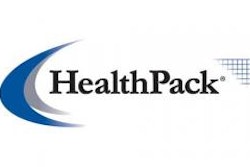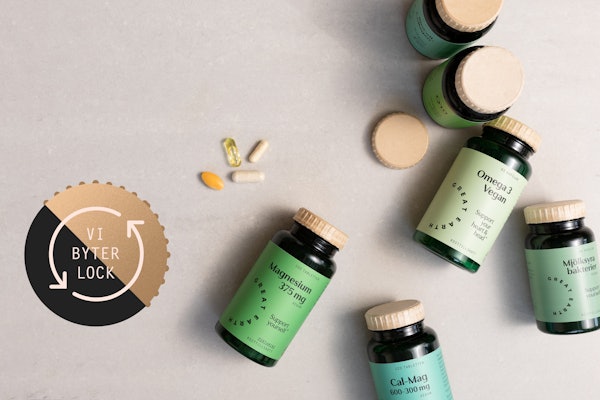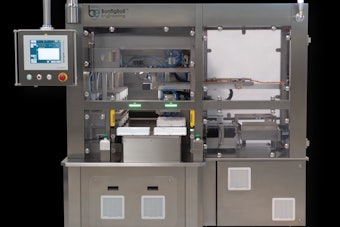The FDA plans on tripling their staff in China to help ensure the safety of products being sent from there to the United States.
"Given the volume of U.S. trade with China, we are working to more than triple the number of American staff we place in China," wrote Margaret A. Hamburg, M.D., FDA Commissioner, in a recent blog post on FDA Voice. "Placing more FDA experts in China will allow FDA to increase significantly the number of inspections it performs in this dynamic, strategic country, as well as to be more effective partners with our colleagues here in China."
Such dramatic staffing increases will also allow FDA to enhance its training efforts and technical collaboration with Chinese regulators, industry and others."
Currently, there are 13 FDA staff members located in China.
According to the blog, China is the sixth largest provider of drugs and biologics, with only the United States having more FDA-registered drug establishments.
Hamburg wrote the blog post following a trip to the country, where they signed an Implementing Arrangement with the China Food and Drug Administration.
"These documents, which build on 2007 agreements with the same two agencies, help to frame the work our inspectors will do in China and create mechanisms for collaboration on inspections," she wrote.
As part of the trip Hamburg also met with students at Peking University, who she described as future leaders who will help to accelerate the modernization of this nation’s pharmaceutical industry.
"I discussed not only FDA’s growing regulatory cooperation with China but the importance of strengthening regulatory science in China to ensure that the highest standards are used to support the development, review, and approval of new medical products, as well as the manufacturing and safety monitoring of medical products," she wrote. "All of this can make an enormous difference in the lives of patients in China, the U.S. and beyond."
While there, Hamburg also addressed global issues, including supply chain and counterfeiting.
"Our discussions ranged from how best to advance biomedical product innovation, expand access to important pharmaceuticals through generic and biosimilar regulatory pathways, and how coordinated action, along with using new, state-of-the art technologies and analytical methods, will more effectively protect the public from substandard or counterfeit products," Hamburg wrote.






















